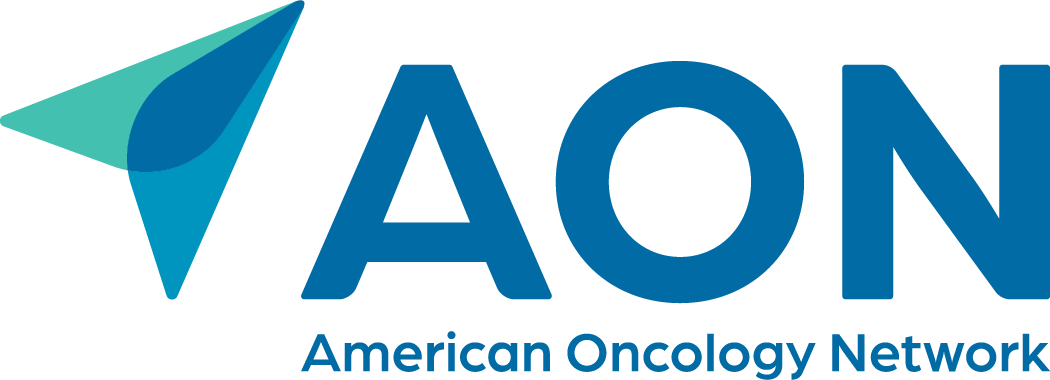
Final Tally Lists 44 Practices in EOM, but It's Complicated

The Enhancing Oncology Model (EOM) attracted more than 2800 practitioners across 561 sites of care; a group of practices in the American Oncology Network enrolled under a single tax ID number.
Forty-four oncology practices, most of them large enterprises with multiple locations, have signed on to participate in the first performance period of the Enhancing Oncology Model (EOM), the Medicare alternative payment model (APM) that is the successor to the Oncology Care Model (OCM).
In an email, an official from the Center for Medicare and Medicaid Innovation (CMMI) said the
The EOM launched July 1, and practices had until the minute before midnight June 30 to decide whether to participate. A June 27 announcement from the CMMI, which operates APMs under the Affordable Care Act, stated that 67 practices would participate, compared with 122 practices that were still in the OCM at the end of June 2022. However, as The American Journal of Managed Care®
CMMI said it would publish an updated, final list of EOM participants after July 1 and has done so today. Although 44 practices would seem an even bigger drop-off than some predicted, it’s not a direct comparison, due to EOM rules that give practices options to take on risk together:
- Multiple locations are listed under “
American Oncology Partners, P.A .” an entity created in 2017 by the American Oncology Network (AON) to provide services to AON practices; an AON spokesperson said in an email that the group is considered a single EOM physician group participant under a single tax ID number. - CMMI is now organizing the participant list around “site of care,” and has updated its online map to reflect which locations are taking part in the EOM. Prior lists and maps were based on practice headquarters.
Of the 44 practices enrolled in EOM as of July 1, 30 were participants in the OCM, according to information from the Community Oncology Alliance. The final list includes several practices whose leaders were advocates for payment model reform during the OCM, including Texas Oncology, Tennessee Oncology, and Northwest Medical Specialties, PLLC; as well as other large, well-known practices such as Rocky Mountain Cancer Centers, Minnesota Oncology, West Clinic, and The Cancer and Hematology Centers of Western Michigan.
In a separate, but likely related move, AON has named Alti Rahman, MHA, MBA, the longtime practice administrator of Oncology Consultants of Houston, Texas, its new chief strategy and innovation officer. News of Rahman's job change was circulating on social media late Wednesday.
Elizabeth Fowler, PhD, JD, CMS deputy administrator and director of CMMI, said in a statement that the EOM builds upon the lessons of the OCM while calling for greater accountability.
“One of CMS’ top priorities is to ensure that all Americans have access to equitable, high-quality, and affordable care, including those who are undergoing cancer care. CMS is testing a new model of cancer care that aims to improve clinical outcomes, the patient experience, affordability, and equity for Medicare beneficiaries,” Fowler said. “The Enhancing Oncology Model focuses on people with Medicare undergoing chemotherapy for certain cancer types and is aligned with one of the key goals of President Biden’s Cancer Moonshot Initiative by better supporting patients and enhancing their care experience.”
The EOM framework has some similarities to the OCM—it is built around 6-month episodes that are triggered when a patient starts therapy—but it has some key differences, some of which have been flash points in talks between oncologists and CMMI:
- The EOM only includes patients receiving systemic therapy (not hormonal therapy) for 7 common cancer types: breast cancer, chronic leukemia, small intestine/colorectal cancer, lung cancer, lymphoma, multiple myeloma, and prostate cancer.
- Monthly payments to practices in the EOM will be $70 per patient per month (PMPM), down from $160 PMPM, for required services such as patient navigation; however, practices get another $30 PMPM for those who are dually eligible.
- The EOM calls on practices to collect electronic patient-reported outcomes data and develop plans to address health equity.
“CMS’s goal is to have model participants fully engaged in the model test and willing to move the needle on accountable care and improving access to affordable care,” Fowler said in her statement. “CMS is excited to work with the Enhancing Oncology Model participants to help them be successful with the model’s implementation and to partner with payers that have committed to aligning their oncology value-based payment models with the Enhancing Oncology Model.”
Newsletter
Stay ahead of policy, cost, and value—subscribe to AJMC for expert insights at the intersection of clinical care and health economics.









